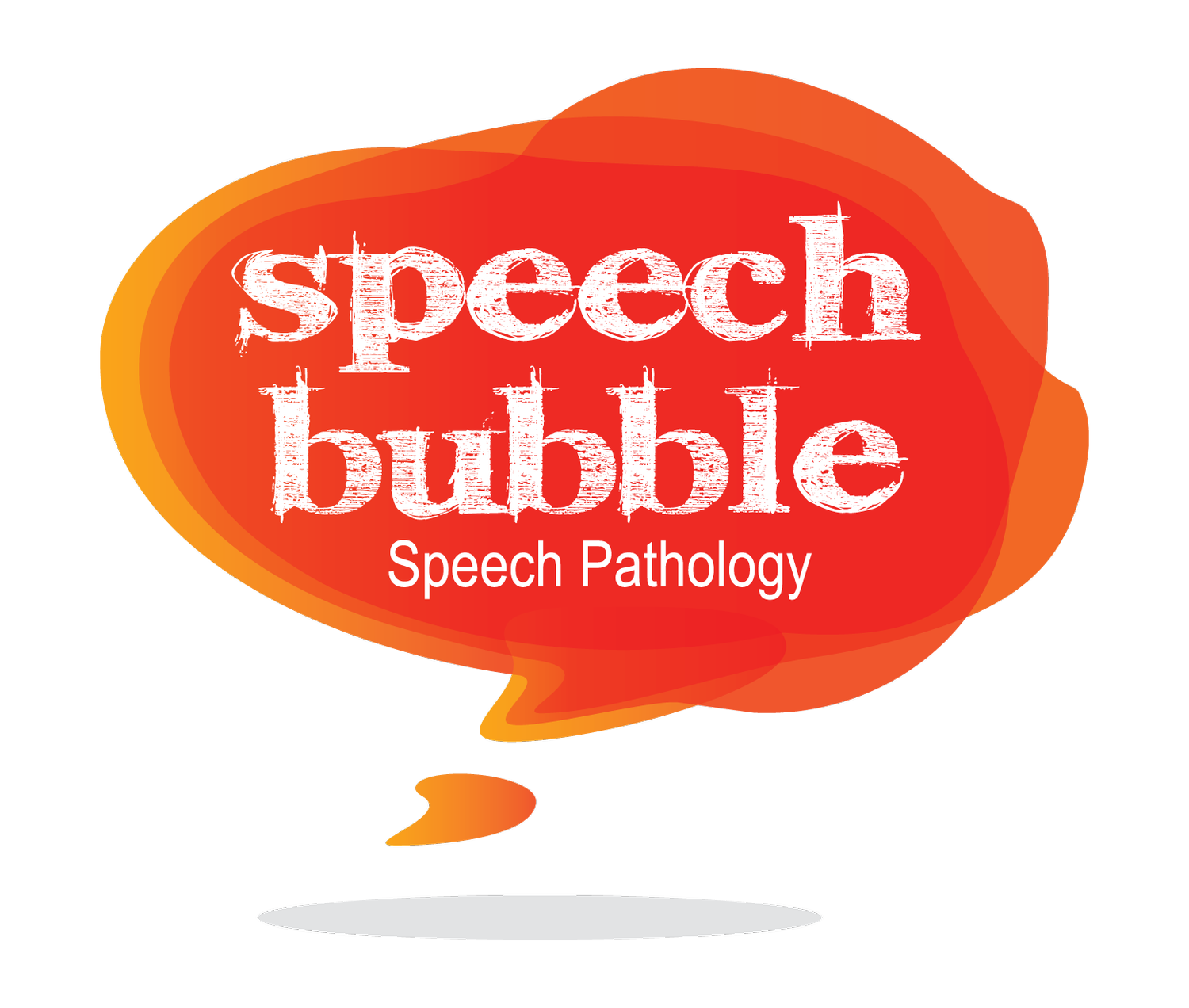Central Auditory Processing
What is Auditory Processing ?
An auditory processing is a condition in which the brain’s interpretation of sounds is adversely affected. Individuals with auditory processing often do not recognize subtle differences in sounds of words even though the sounds are loud and clear enough. This difficulty becomes more pronounced in noisy listening environments or when listening to complex information.
Characteristics of Auditory Processing
Difficulty following multiple step instructions
Trouble understanding in noisy listening environments
Poor listening skills
Academic performance does not match ability
Struggles to pay attention
May exhibit auditory memory issues
Need more time to process auditory information
Difficulty with reading, spelling, math word problems and vocabulary
Disorganised and forgetful
Tire easily when engaged in listening tasks for extended periods
May have problems with receptive language or comprehending abstract information
Often look for visual cues to help “fill in” gaps they miss through oral information
Evaluations
A full hearing assessment must be conducted before an auditory processing evaluation can be performed. Auditory processing evaluations should only be performed on children age 6 or older due to the complexities of the tests. Exceptions to this recommendation may be made after consultation with other pediatric specialists including, but not limited to, speech-language pathologists and psychologists.
Who can be referred ?
Any child who appears to not be hearing well should first be referred for a hearing assessment. If hearing is normal, an auditory processing screening can be performed. Children with medical history’s that indicate frequent middle ear infections, problems with attention or focus, or other characteristics listed can be referred. Note that many of the behavioral complaints seen with children with ADD/ADHD are similar to those seen with CAP.
These facts are for educational purposes only. Please consult with your GP or other health professionals to make sure any information you read is right for your child.

